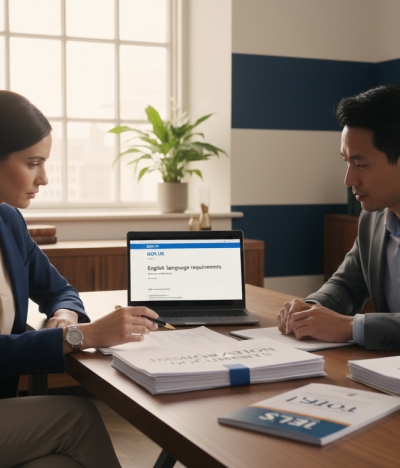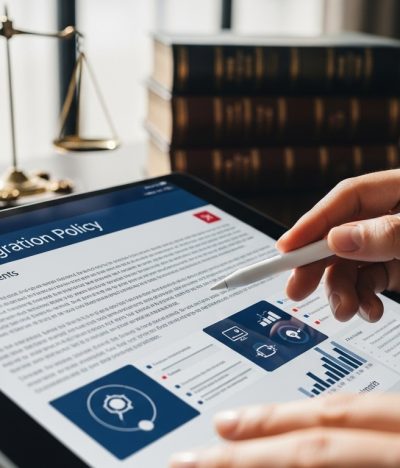The financial requirement is a difficult hurdle when it comes to a partner/spouse visa application. We’ll be highlighting how applicants can meet this requirement by relying on income from self-employment.
Understanding Partner Visas and Financial Requirements
A spouse or partner visa allows the spouses or partners of British citizens, or those already settled in the UK, to enter and/or reside in the UK. To qualify, applicants must meet several criteria, including the financial requirement. Meeting this requirement can be challenging due to the various ways it can be fulfilled.
What Is the Financial Requirement?
As of 11th April 2024, the minimum income requirement for partner visas has been increased. Applicants must now show evidence that their partner earns an annual income of at least £29,000 or that they have combined savings of £88,500. If the applicant is already in the UK with permission to work, their income may also contribute to, or replace, their partner’s income in meeting the requirement.
Transitional arrangements apply to those who applied for or were granted permission as partners before 11th April 2024. For these individuals, the previous financial requirements (£18,600 annual income or £62,500 in cash savings) remain valid, provided they are applying with the same partner.
The income threshold is expected to increase again to around £34,000 later in 2024, and to £38,700 in early 2025. However, the Labour government is not proceeding with the increase to £38,700 and has commissioned a review instead. The review is expected in June 2025.
Self-Employment and the Minimum Income Requirement
The Immigration Rules recognise several forms of self-employment for meeting the financial requirement:
Sole Traders: Businesses owned and managed by one individual.
Partnerships: Businesses owned and managed by two or more individuals.
Franchises: Businesses managed under an established business model.
Applicants can also rely on income from a specified limited company in the UK, where shares are held directly or indirectly by the applicant, their partner, or listed family members.
How Is Income From Self-Employment Considered?
Self-employment income can be assessed using two methods:
Category F: This relies on income from the last full financial year.
Category G: This uses the average income from the last two full financial years.
Both categories allow applicants to rely on income from either themselves or their partner, provided the individual is permitted to be self-employed in the UK. The choice between Category F and G typically depends on whether the financial requirement can be met using one financial year or whether averaging two years is necessary.
When Does the Financial Year Start?
Required Documentation
Appendix FM-SE of the Immigration Rules outlines the necessary documentation to demonstrate self-employment income. The specific documents depend on whether the applicant is:
- A sole trader
- A partner in a franchise
- A director and/or employee of a specified limited company
Providing the correct documentation is important. Missing or incorrect documents can delay the application process or ultimately lead to refusal. Applicants should make sure that all documents are tailored to their individual circumstances.
Combining Self-Employment Income With Other Sources
Self-employment income can be combined with other categories, such as:
- Salaried or non-salaried employment income
- Non-employment income (such as rental income)
- Pension income
To combine incomes, all sources must fall within the same financial year/years as the self-employment income. Additionally, all income sources must still be active at the time of the application.
For example, if an applicant in the UK wishes to combine their salaried income with their partner’s self-employment income, they must provide evidence of their earnings during their partner’s relevant financial year/years.
Arlingsworth Solicitors understands the complexities of the financial requirements when it comes to partner visa applications, particularly for those relying on self-employment income. If you need advice regarding a spouse or partner visa or would like to discuss your individual situation with one of our experts, please don’t hesitate to contact us at 01273 696962. Our experienced team is here to help guide you through the process and ensure the best possible outcome for your application.






